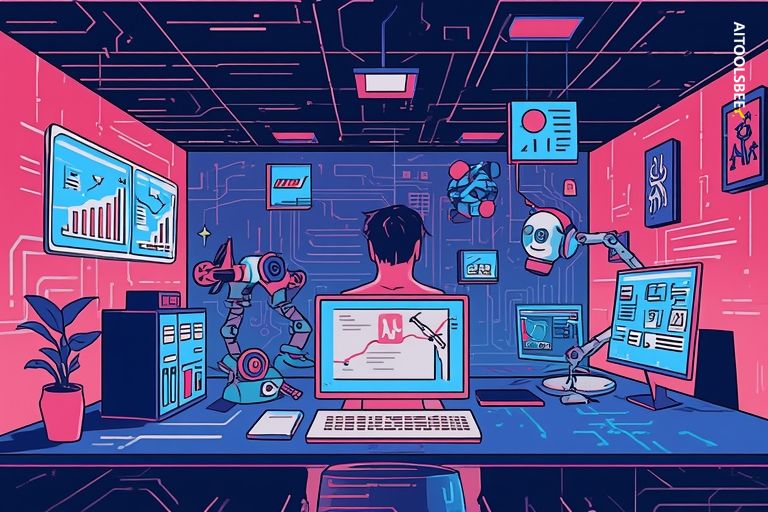
Impact of AI Tools on Small Businesses
In the rapidly evolving digital landscape, artificial intelligence (AI) has become more than just a buzzword — it is a business necessity. For small business owners, AI offers unprecedented opportunities to boost productivity, streamline operations, and enhance customer experience. Integrating AI tools can be the game-changer that businesses need.
The AI era has transformed how small businesses operate. With automation, data-driven insights, and personalized marketing, even small teams can now compete with large corporations. AI technology helps business owners make smarter decisions faster, reducing human error and optimizing workflows.
For instance, AI chatbots can manage customer inquiries 24/7, while predictive analytics tools can forecast sales trends and inventory needs. This not only saves time but also helps business owners focus on growth strategies rather than repetitive administrative tasks.
Moreover, with AI-driven platforms like Google Analytics and HubSpot, small businesses can easily analyze user behavior, understand customer preferences, and craft marketing campaigns that truly resonate.
Despite its advantages, AI adoption does come with risks. To mitigate these risks, small businesses should use transparent AI tools, stay compliant with data regulations, and maintain a balance between automation and human input.
As technology evolves, AI will continue to redefine how small businesses operate. The integration of these innovations means small businesses can scale faster, adapt quicker, and serve customers more effectively than ever before.

